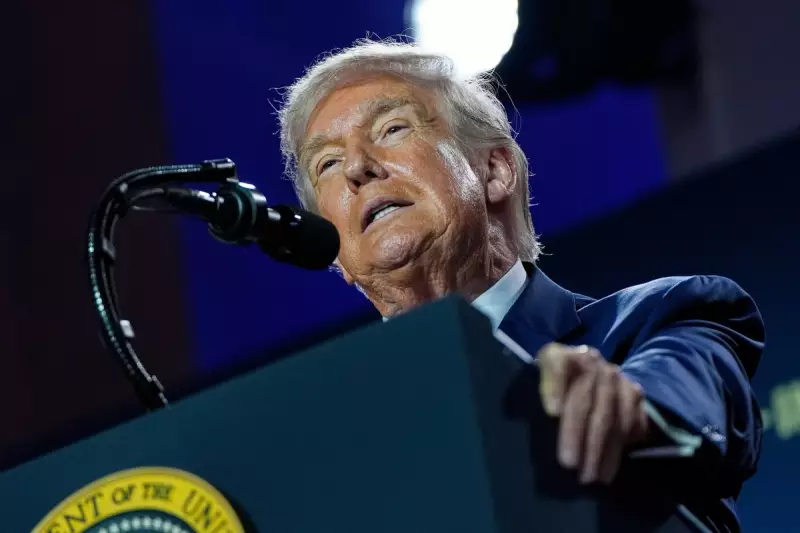
The US Supreme Court has dealt a blow to Donald Trump's legal strategy by refusing to fast-track his appeal for immunity in the federal election interference case. This decision delays the trial, raising questions about whether it will proceed before the 2024 presidential election.
Legal Setback for Former President
Special Counsel Jack Smith had urged the court to swiftly resolve the immunity question, arguing it was crucial for public interest. However, the justices declined to intervene at this stage, allowing the normal appeals process to unfold.
What This Means for the Trial Timeline
Legal analysts suggest this decision could push the trial date well into 2024, potentially overlapping with campaign season. The case stems from Trump's alleged efforts to overturn the 2020 election results.
Trump's Legal Team Responds
The former president's attorneys welcomed the ruling, maintaining their position that Trump enjoys immunity for official acts during his presidency. They argue this case represents unconstitutional prosecution of a political opponent.
Broader Implications
This development comes as Trump faces multiple legal challenges while campaigning for another White House term. The delay raises constitutional questions about prosecuting former presidents and the intersection of justice with electoral politics.
With the Supreme Court likely to eventually hear the case, this preliminary decision sets the stage for a landmark ruling on presidential immunity that could reshape American jurisprudence.





